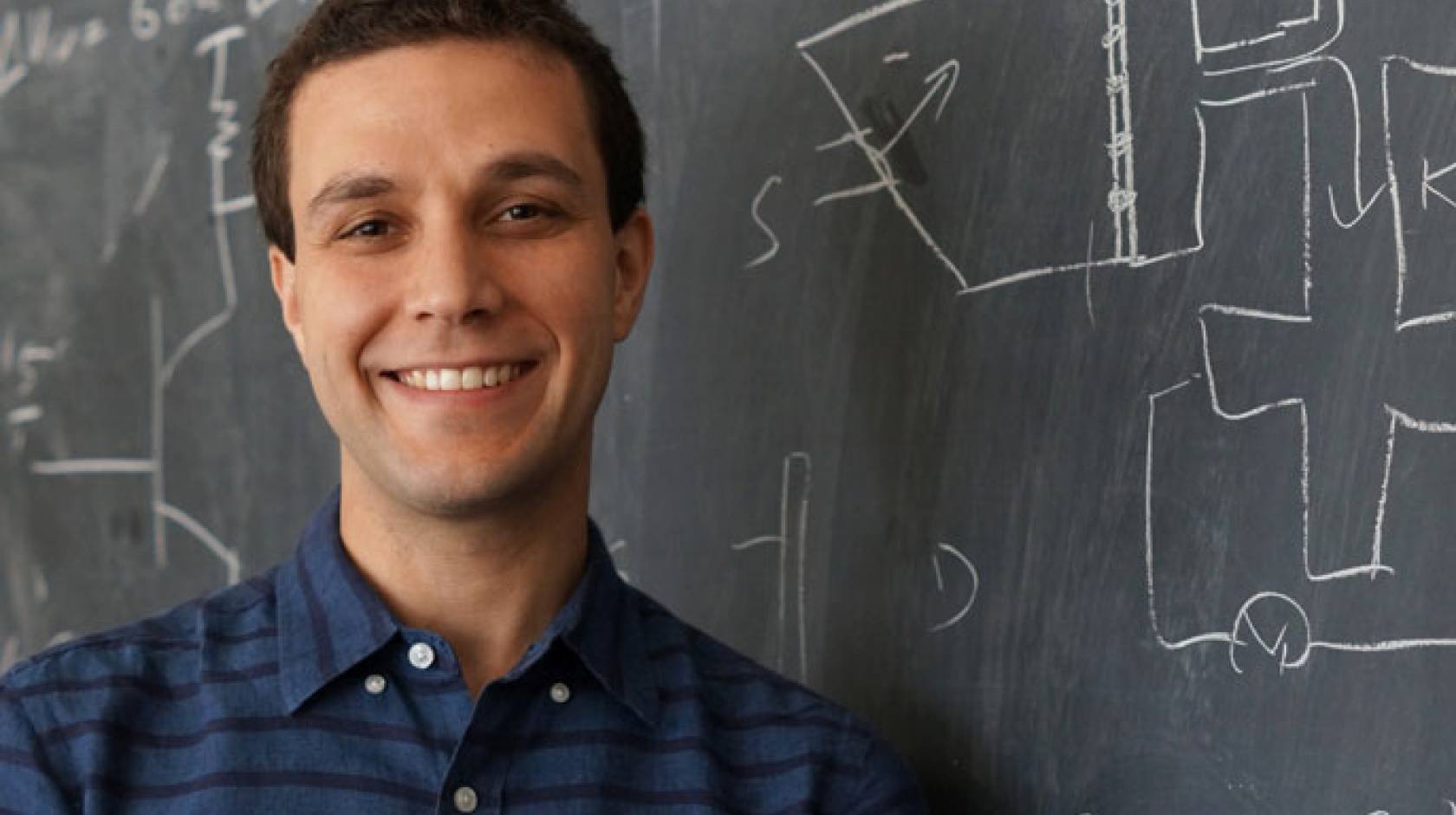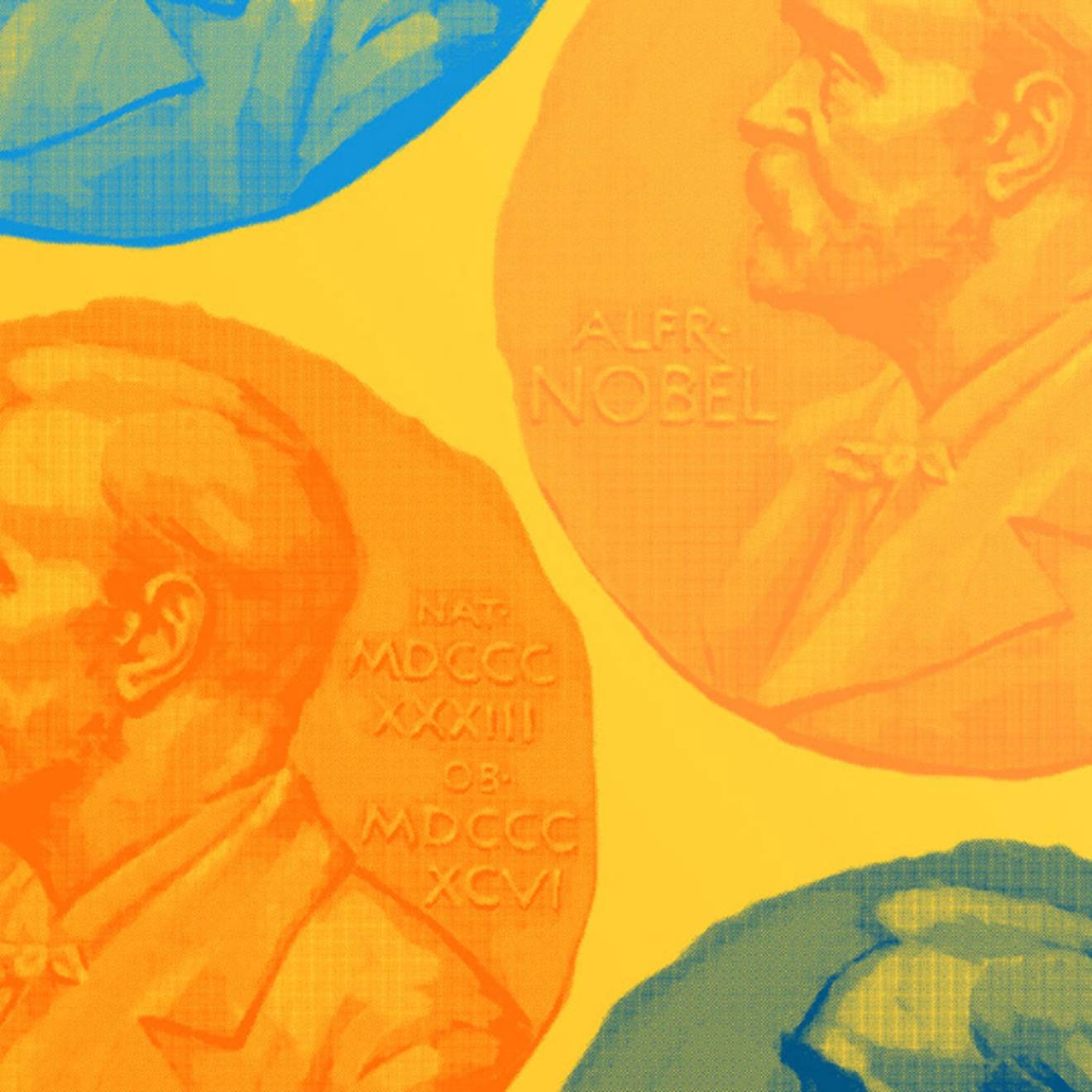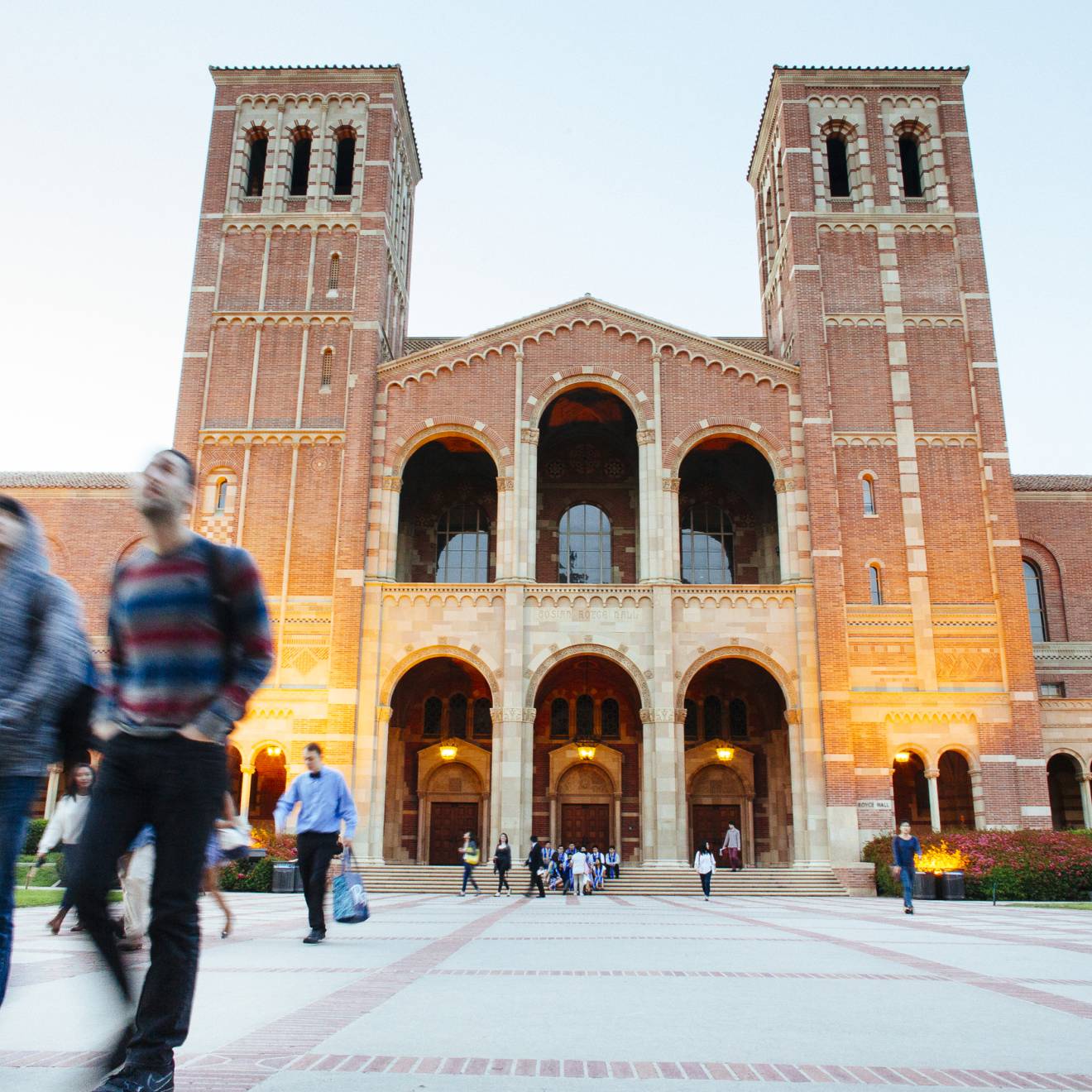UC Newsroom

Early-career scholars at 6 University of California campuses have won prestigious 2016 Packard Fellowships in Science and Engineering, which provide $875,000 in funding over five years to support innovative and promising research.

Credit: UC Davis
The fellowships, funded by the David and Lucile Packard Foundation, help early-career scientists and engineers explore new frontiers in their fields by giving them the financial support to take risks and pursue novel research ideas.
A third of the 18 fellowships this year went to UC faculty, with recipients at campuses in Berkeley, Davis, San Diego, San Francisco, Santa Barbara and Santa Cruz.
The fellows are:
Margaret Chatham Crofoot, UC Davis
Crofoot conducts research on wild primates to explore their collective decision-making processes. Her field work seeks to understand how group-living animals — ourselves included — overcome conflicts of interest to reach consensus.

Credit: Erik Jepsen/UC San Diego Publications
Rachel Dutton, UC San Diego
Cheese may well provide us with important insights into the functioning of every ecosystem on the planet. The Dutton lab studies how microbial communities within fermented foods interact to model of bacteria and fungal behaviors in the world at large.

Credit: Emily Teague/UC Santa Cruz
Ryan Foley, UC Santa Cruz
Astronomer Ryan Foley is leading two supernova survey projects designed to bring supernova cosmology to a new level. He seeks to understand all the ways stars can die along with the nature of dark energy — an almost entirely unknown phenomenon which accounts for 70 percent of the universe.

Credit: UCSF
Dengke Ma, UCSF
Oxygen deprivation and sudden replenishment can cause severe damage to human tissues during a heart attack or stroke. Ma’s research investigates animals that are able to withstand oxygen deprivation and replenishment to find new strategies for limiting the damage from cardiac events in humans. Ma won a Pew scholarship for his biomedical research earlier this year.
Ke Xu, UC Berkeley

Credit: Roy Kaltschmidt/Berkeley Lab
Physical chemist Ke Xu develops new tools in his lab that merge biophysics, physical chemistry and cell biology to illuminate biology at the nanoscale. His technology, such as the SR-STORM microscope, allows for the most sophisticated imaging yet of single molecules and phenomenon like pH variations inside a cell. As many diseases are caused by the breakdown of cells' internal structures, Xu’s research could bring us closer to groundbreaking medical therapies.
Andrea Young, UC Santa Barbara
Young explores two-dimensional physics, an area that follows its own rules and could yield important commercial applications based on graphene and other materials. His research group probes the quantum mechanical properties of new states of matter with electronic devices of their own invention.
The Packard Fellowships in Science and Engineering program was established in 1988 and is now among the largest non-governmental fellowships in the country.
Each year, 50 universities are invited by the Packard Foundation to nominate two faculty members for consideration. The Packard Fellowships Advisory Panel, a group of 12 internationally-recognized scientists and engineers, evaluates the nominations and recommends fellows for approval by the Packard Foundation Board of Trustees.
To qualify, fellows must be faculty members who are eligible to serve as principal investigators on research in the natural and physical sciences or engineering, and must be within the first three years of their faculty careers. Disciplines that are considered include physics, chemistry, mathematics, biology, astronomy, computer science, earth science, ocean science and all branches of engineering.

